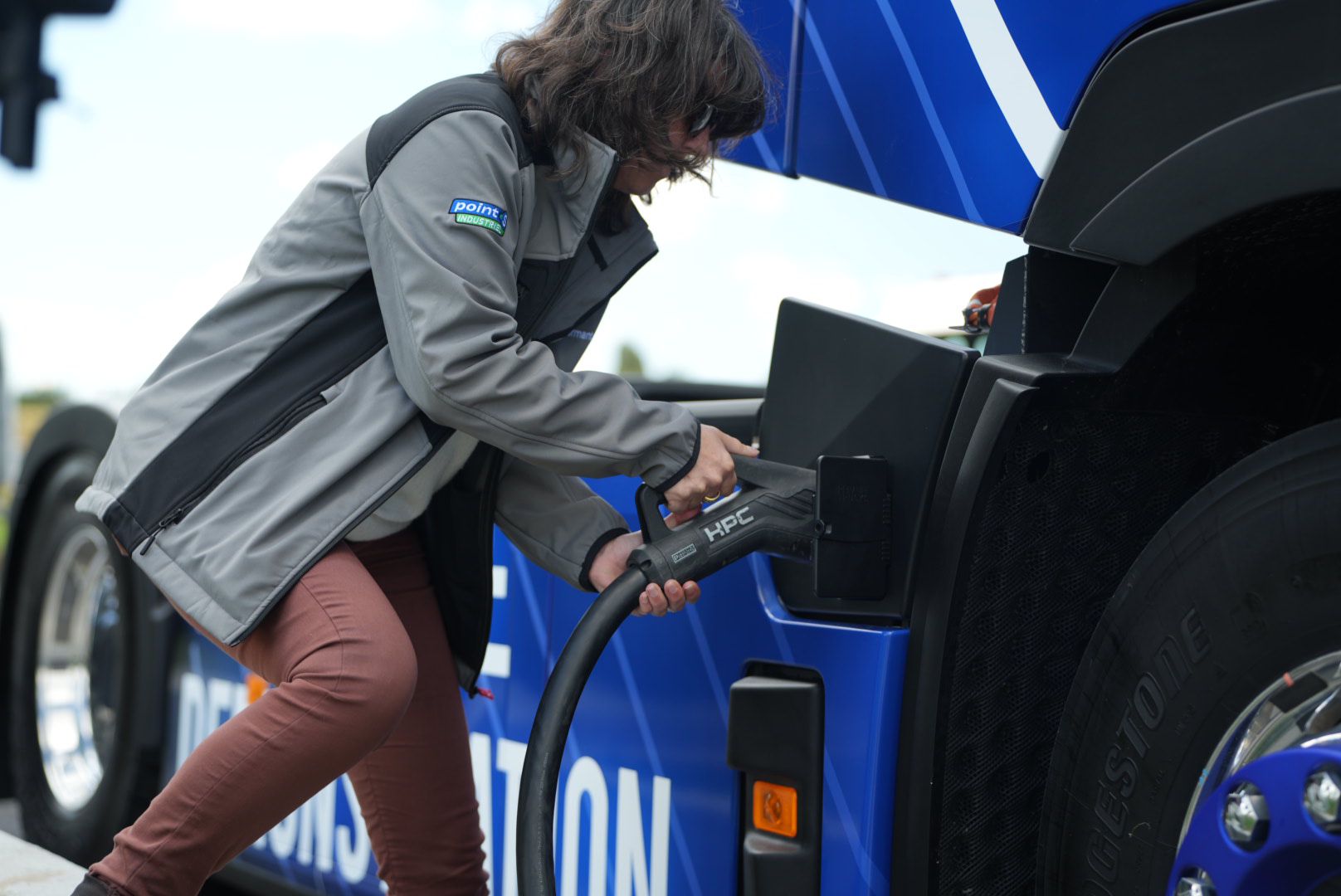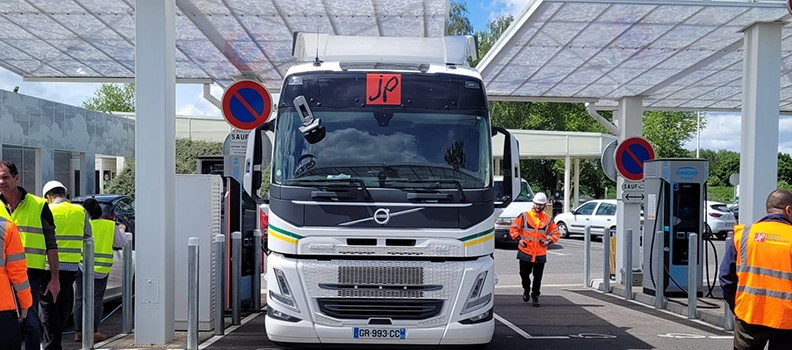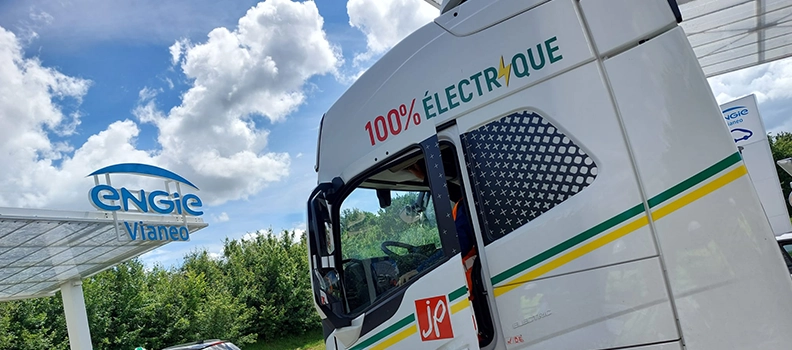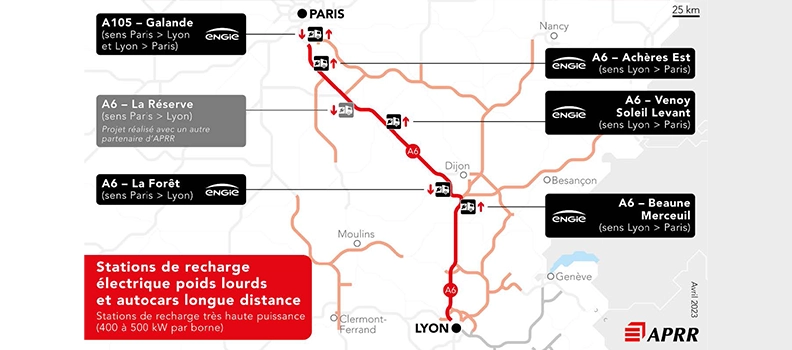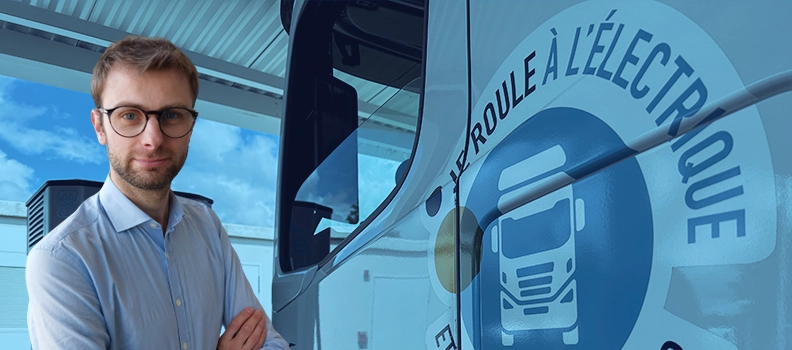Global warming is accelerating. In France, the transport sector alone accounts for 31% of greenhouse gas emissions! It’s also a major cause of pollution. The electric car therefore plays a key role in decarbonising the car fleet and in the energy transition, improving air quality and achieving the target set at national level: zero net emissions by 2050.

Contents
– Lower emissions, less pollution and an energy transition
– Greater peace of mind and ease of use
Fewer emissions, less pollution
Your electric car helps improve air quality. Today, air pollution due to fine particle emissions from combustion engines is the second leading cause of avoidable death in France. Every year, it causes almost 48,000 premature deaths. Air pollution is most prevalent in large urban areas, but also affects smaller towns and rural areas.
Driving an electric car means driving a vehicle with low emissions of greenhouse gases and atmospheric pollutants: less than or equal to 60 grams per kilometer for CO2. You emit very few harmful pollutants, which is good for the planet and for everyone’s health.
Switching to electric means not only contributing to the energy transition, but also helping to reduce industrial waste. Fewer parts need to be changed than on a combustion-powered vehicle, and there’s no need for oil changes, so no more oil to recycle. 80% of the components in lithium-ion batteries are recyclable. Projects to give them a second life are under development. All good points for the environment!
Greater peace of mind and ease of use
Your electric car reduces noise pollution. 12% of French people suffer from high levels of road traffic-related noise pollution. The harmful effects on health are numerous: stress, irritability, fatigue, general exhaustion, tinnitus, even depression and cardiovascular disease. The electric vehicle is a game-changer. Significantly quieter than its internal combustion counterpart, it reduces noise pollution, particularly in urban areas, and improves our quality of life.
In October 2020, the government introduced new measures to facilitate the acquisition and use of electric vehicles: ecological bonus, conversion bonus and a helping hand for charging stations. These aids and tax credits make them more accessible to the French.
The strong expansion of the recharging network in France also simplifies the switch to electric. The number of charging points has risen from 24,808 in 2018 to 82,107 in 2022, reaching over 100,000 by 2023. The European Union has even adopted a text that calls for the deployment of a charging point every 60 to 100 km on its territory by 2030.
FAQ
Studies have shown that in France, the carbon impact of an electric car is 2 to 3 times lower than that of its internal combustion equivalent. Although its production emits greenhouse gases, it offsets them with use – the tipping point being around 70,000 km.
80% of the components in lithium-ion batteries can be recycled. Metals such as cobalt, lithium, aluminium and copper are recovered. Soon, new batteries will incorporate recycled materials.
To prevent accidents, electric vehicles marketed in Europe from the end of 2019 will be fitted with an audible signal of at least 56 decibels, emitted as soon as they travel below 20 km/h.
In addition to ENGIE Vianeo, several applications – Chargemap, ABRP, Waze, Plugshare, Nextcharge – give you instant access to almost 300,000 recharging points throughout Europe.
